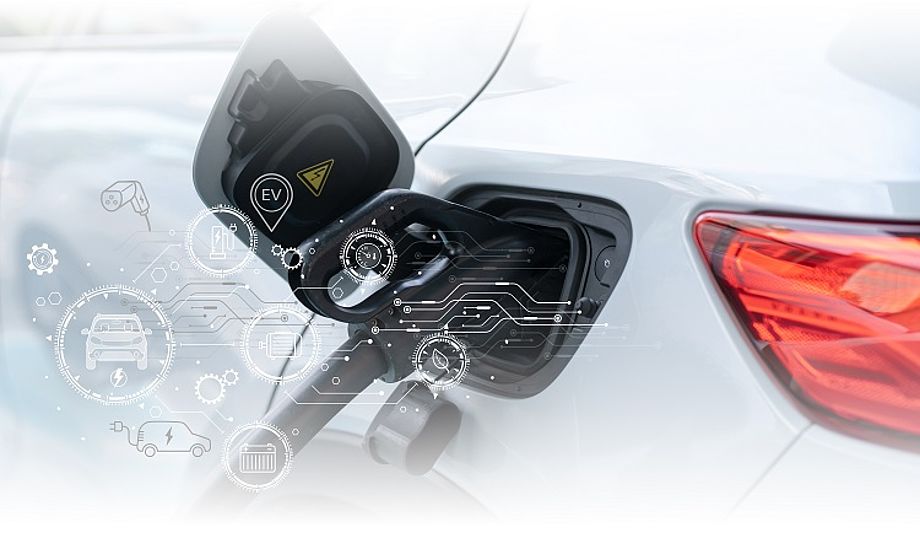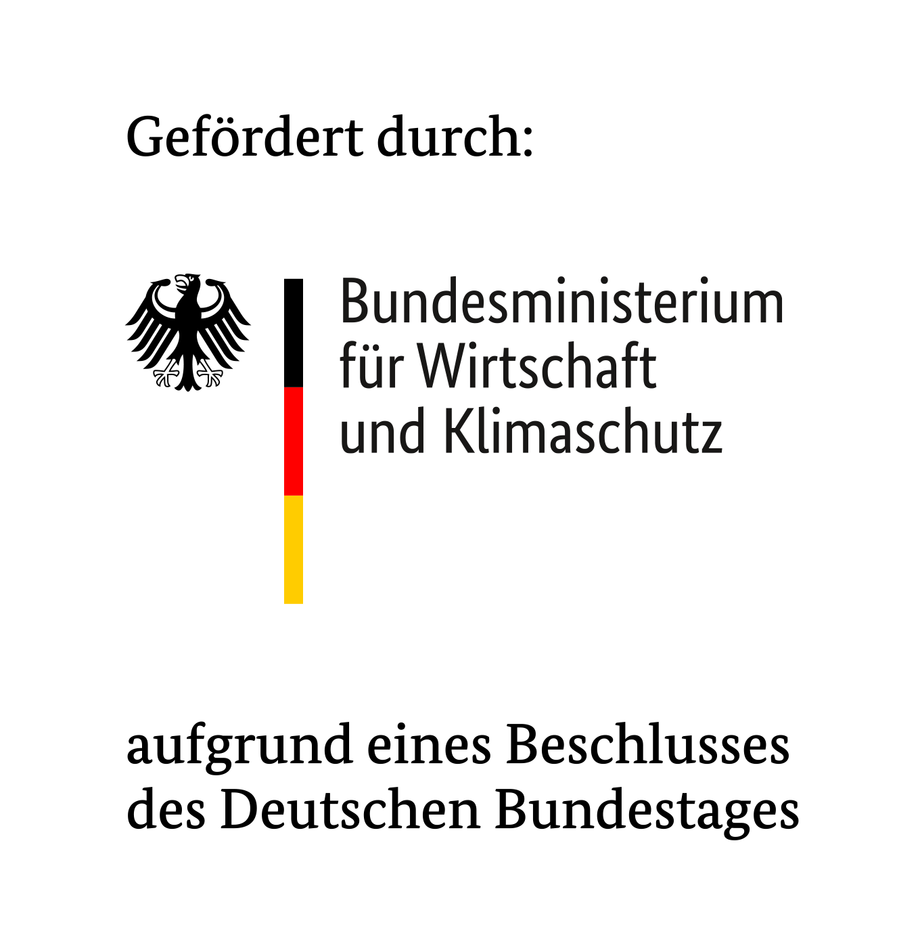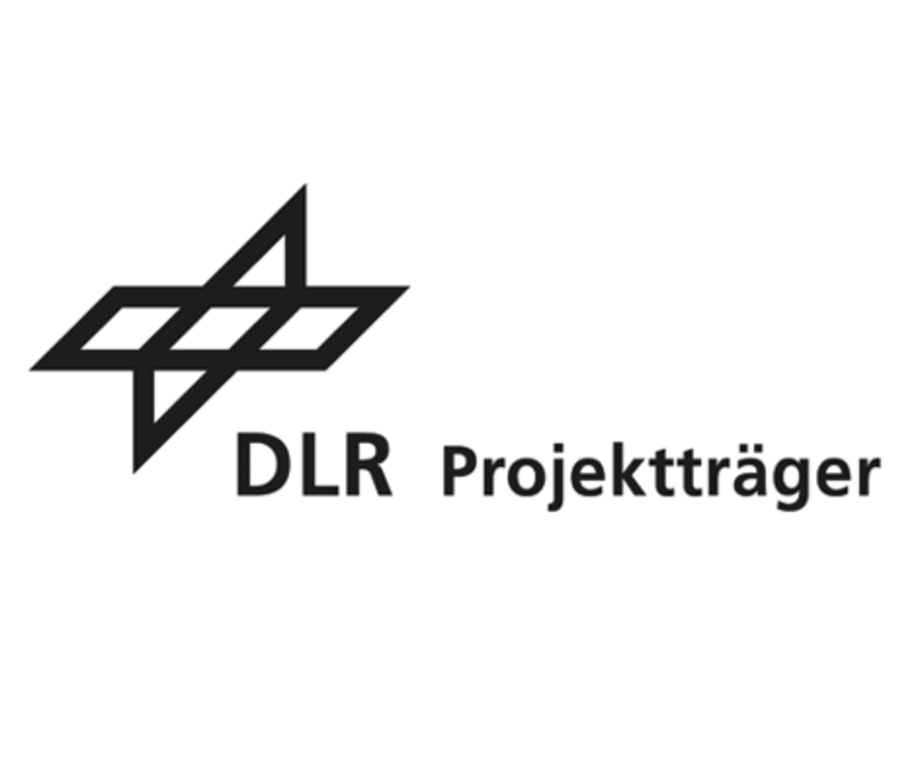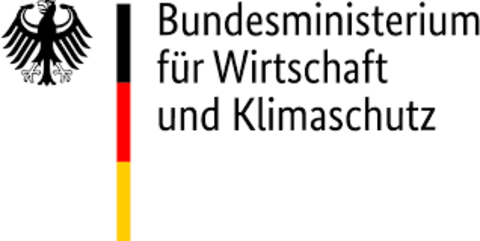BDL Next: Grant-funded project to prep bidirectional charging solutions for mass adoption in electric vehicles (EVs)




The research cluster "BDL Next" – a direct successor to the project Bidirectional Charging Management (BCM) – has been launched. Its main feature is a multi-stage field trial to test the suitability of bidirectional charging for mass implementation and integration in electric vehicles. The University of Passau will be providing support using its extensive expertise in user research and from its research project "unIT-e² – Real laboratory for networked e-mobility".
The predecessor project BCM had shown that electric vehicles hold great promise for market, network, and system integration and for applications that benefit end users. To unlock this potential, electric vehicles need a smart draw-down solution and must be able to feed power back to the grid. Possible avenues include optimising self-consumption with private solar power systems or providing a separate power source to balance out frequency fluctuations in the power grid.
As things currently stand, technology, legal-regulatory, and process-related gaps continue to prevent a seamless rollout of bidirectional loading strategies for mass operational deployment. And this is precisely where BDL Next takes the initiative: the project's core objective is to further refine technical solutions and thereby strengthen system integration with system services or with established processes used by the power industry to sell supplies on the electricity exchange. At the same time, researchers are working on the grid-driven operation of bidirectional vehicles with a view to making them an integral component of our robust and smart electricity grid. In a multi-stage field trial, experience gathered during real-time operation will be used to identify weaknesses in the design and technical development, to further enhance the economic and ecological added value of bidirectional charging, and to simplify technology integration from the customer's perspective.
Bidirectional charging must deliver a positive customer experience and have strong market appeal for future mass integration to be successful. That is the primary focus of the team of researchers from the University of Passau comprising CENTOURIS and the Chair of Marketing and Innovation. The subproject "Analysis of customer-specific acceptance criteria for successful mass integration (customer experience)" of the University of Passau thus aims to thoroughly assess the user perspective on a broad application of bidirectional charging technology. For Professor Jan H. Schumann, who holds the Chair of Marketing and Innovation, the project's overriding goal is to develop concrete and practically relevant recommendations for action to ensure a high degree of user-friendliness and acceptance in the context of any future mass integration of bidirectional charging technology.
"The predecessor project BDL had clearly laid out the enormous potential but also the challenges of bidirectional charging technology from the user perspective," says Dr Stefan Mang, managing director of CENTOURIS. "As its successor project, BDL Next harnesses user research to address these points in the specific manner required. In providing intensive support during real-time field testing and through user surveys, we seek to identify the factors needed to ensure the technology's suitability for mass implementation and to provide practical implications for action. A targeted analysis of how external factors influence user sentiments rounds out the work of the University of Passau."
The Federal Ministry for Economic Affairs and Climate Action (BMWK) has awarded the three-year project a grant of over eleven million euros. The research cluster project was initiated by the German Aerospace Center (DLR). After the project's three-year period, series-production bidirectional vehicles should be fully integrable with energy market processes, network operation, and the customer's energy ecosystem using standardised technologies.
The three-year research project is headed by the FfE in Munich. Project participants are the automobile manufacturer BMW, the grid operators Bayernwerk Netz and TenneT, as well as the energy company E.ON while KEO and Compleo are in charge of EEBUS communication technology and charging infrastructure. Lastly the cluster also includes KIT, the University of Passau, and EBZ Business School who provide academic support. Around half a million euros of the BDL Next budget have been earmarked for the University of Passau.
| Principal Investigator(s) at the University | Prof. Dr. Jan Hendrik Schumann (Lehrstuhl für Betriebswirtschaftslehre mit Schwerpunkt Marketing und Innovation) |
|---|---|
| Project period | 01.11.2023 - 31.10.2026 |
| Source of funding |  BMWK - Bundesministerium für Wirtschaft und Klimaschutz |

